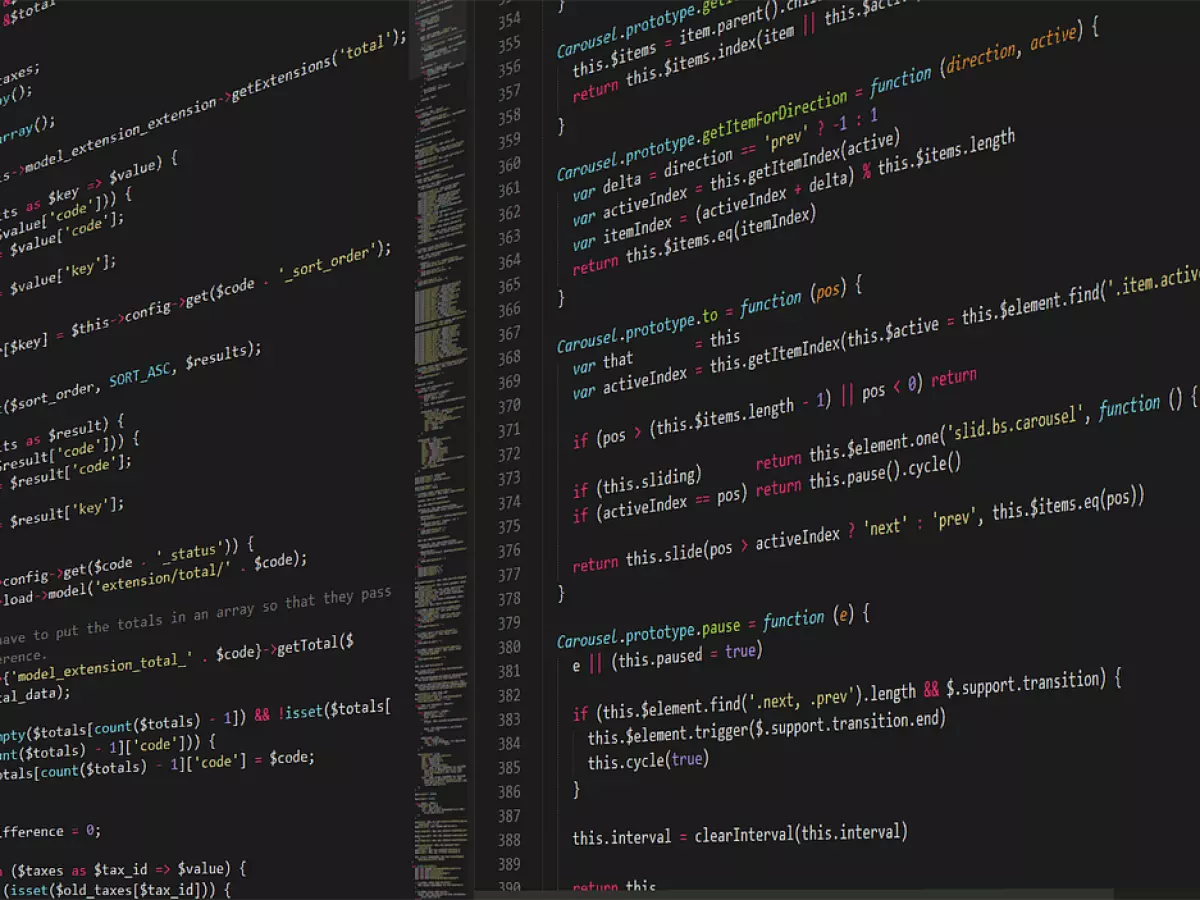Open Source Burnout
Open source software has been the backbone of the digital world for decades. From Linux to Python, these projects have powered everything from your smartphone to the servers that run the internet. But behind the scenes, the people who maintain these projects are struggling. And it's not just about coding anymore—it's about security, trust, and, well, a lot of unpaid work.

By Alex Rivera
Let's start with the basics: open source maintainers are the unsung heroes of the tech world. They keep the code running, fix bugs, and ensure that everything is secure. But according to a recent report by Tidelift, most of these maintainers aren’t getting paid for their work. In fact, they’re spending three times as much time on security issues as they did just three years ago. And guess what? They’re not exactly thrilled about it.
Security has become a massive headache for open source maintainers. With the rise of cyberattacks and vulnerabilities, they’re constantly putting out fires. Remember the infamous xz backdoor incident? Yeah, that’s the kind of stuff they’re dealing with. And it’s not just about fixing problems—it’s about preventing them in the first place. That means more time spent on security audits, code reviews, and patching vulnerabilities. And all of this is happening while they’re still trying to, you know, actually develop the software.
But it’s not just the workload that’s getting to them. It’s the trust—or lack thereof. After incidents like the xz backdoor, maintainers have become more skeptical of contributions from others. They’re more cautious about accepting code from external contributors, which means they’re spending even more time reviewing and vetting submissions. It’s a vicious cycle: more security issues lead to more scrutiny, which leads to more work, which leads to more burnout.
And then there’s the money—or lack of it. Most open source maintainers aren’t getting paid for their work. Sure, some big projects have corporate sponsors, but the vast majority of maintainers are doing this in their free time. They’re passionate about their projects, but passion doesn’t pay the bills. And as the workload increases, the lack of compensation becomes even more glaring.
Now, you might be thinking, “Why don’t they just automate some of this stuff? Can’t AI help?” Well, yes and no. While AI can certainly help with some tasks, like identifying vulnerabilities or suggesting code improvements, many maintainers are wary of relying too much on AI-generated code. According to the Tidelift report, most maintainers would rather skip the bot’s work altogether. Why? Because AI-generated code isn’t always reliable, and it often requires just as much review and tweaking as human-written code. So, while AI can be a helpful tool, it’s not a magic solution to the workload problem.
So, what’s the solution? Well, that’s the million-dollar question. Some maintainers are calling for better funding and support for open source projects. Others are advocating for more corporate responsibility, arguing that companies that rely on open source software should contribute more to its development and maintenance. And then there’s the issue of burnout. As Linus Torvalds, the creator of Linux, recently pointed out, aging developers might actually be a good thing for the open source community. Older, more experienced developers are less likely to burn out and more likely to stick with a project for the long haul. But that doesn’t solve the immediate problem of overworked, underpaid maintainers.
At the end of the day, the open source community is facing a crisis. Maintainers are overworked, underpaid, and dealing with an ever-growing list of security issues. And while AI and automation might offer some relief, they’re not a cure-all. If we want to keep the open source ecosystem healthy, we need to find a way to support the people who keep it running. Because without them, the digital world as we know it could come crashing down.
For more insights on the challenges facing open source maintainers, check out the full report from The Register.





